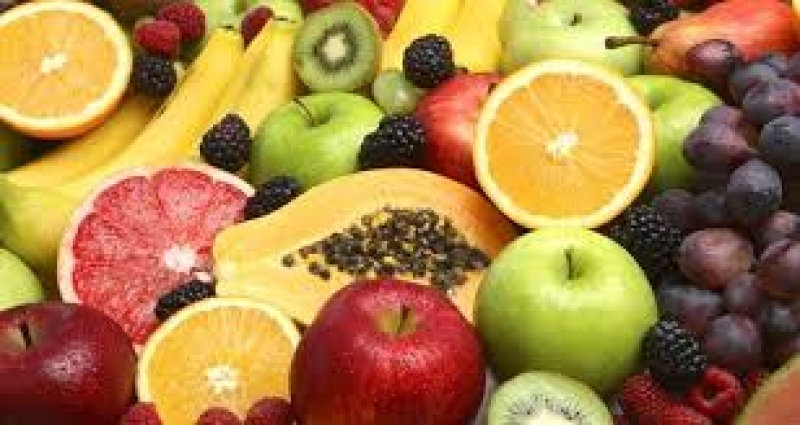- NCP to Push for Reforms After Eid |
- 600,000 Devotees Offer Eid Prayer at Sholakia |
- Bangladesh Economy Shows Signs of Recovery Amid Challenges |
- Bangladeshi Women Student July Protest Leaders to be honoured at Women of Courage Award ceremony |
- 'Eid of sadness': Gazans pass with scarce food, razing war |
Why Eating Fruits on an Empty Stomach May Not Be Ideal

Fruits are widely recognized for their health benefits, offering essential vitamins, minerals, and fibre, and are often included in weight-loss plans due to their low-calorie, high-nutrient profile. However, many wonder if eating fruits first thing in the morning, on an empty stomach, is the best way to start the day. Despite their numerous benefits, experts suggest that this might not be the most ideal choice.
Fiona Sampat, a clinical dietitian at Kokilaben Dhirubhai Ambani Hospital in Mumbai, discussed this topic in an interview with HT Lifestyle, explaining why consuming fruits on an empty stomach might not be as beneficial as commonly believed. She also offered alternative ways to kickstart the day in a healthier manner.
While some believe that eating fruits on an empty stomach enhances their health benefits, Fiona argues that there is no scientific evidence to support this claim. In fact, eating fruits first thing can cause a rapid spike in blood sugar levels due to their natural sugars. Without other food in the stomach, this sugar surge can lead to a quick rise followed by a sharp drop in blood sugar, resulting in fatigue, hunger pangs, and fluctuating glucose levels.
For individuals with specific health concerns, such as diabetes, these rapid blood sugar changes can be especially problematic. Additionally, consuming acidic fruits like oranges or sweet lime on an empty stomach can irritate the stomach lining, potentially causing discomfort or bloating.
Despite these drawbacks, Fiona emphasizes that fruits should not be eliminated from the morning diet altogether. Instead, she suggests pairing fruits with healthy fats or proteins to moderate sugar spikes and provide a more sustained energy boost throughout the morning. For example, combining fruits with nuts, seeds, or protein-rich options like curd, buttermilk, milk, or lentils can help prevent blood sugar fluctuations and support overall health.
Studies have shown that eating fruits between meals, rather than first thing in the morning, can reduce overall energy intake and increase feelings of fullness, aiding in weight management.
Fiona also stresses the importance of consuming whole fruits over fruit juices, as juices lack the fibre and micronutrients found in whole fruits, reducing their health benefits.
For those seeking healthier alternatives to start the day, Fiona suggests several options that promote energy, digestion, and overall wellness:
Nuts and seeds: Almonds, walnuts, unsalted pistachios, flaxseeds, and pumpkin seeds are rich in omega-3 fatty acids and provide long-lasting energy.
Hot water concoctions: Drinks like jeera water (cumin), coriander seed water, fennel seed water, and turmeric water offer antioxidants and anti-inflammatory properties that aid metabolism and digestion.
Chia seed water: A great source of omega-3 fatty acids and fibre, chia seeds support heart health, regulate blood sugar, and promote fullness.
Lemon water: A refreshing option that aids hydration, digestion, and provides a boost of vitamin C.
Milk: A protein-rich beverage that supports bone health and stabilizes blood sugar levels.
By adjusting your morning routine—such as pairing fruits with healthy fats or proteins—you can still enjoy the benefits of fruits while avoiding blood sugar spikes. Additionally, exploring other nutritious options can help ensure a healthy and energizing start to your day.

